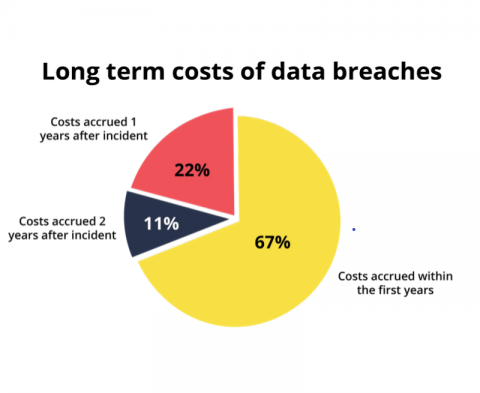On-call doesn't have to be stressfull
“Being on-call is a critical duty that many operations and engineering teams must undertake to keep their services reliable and available. However, there are several pitfalls in the organization of on-call rotations and responsibilities that can lead to serious consequences for the services and the teams if not avoided.



